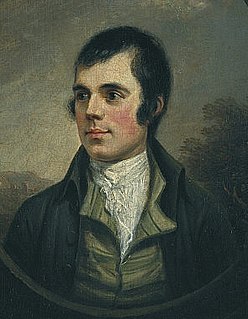This is an alphabetical list of short story writers from Scotland.

A short story is a piece of prose fiction that typically can be read in one sitting and focuses on a self-contained incident or series of linked incidents, with the intent of evoking a "single effect" or mood, however there are many exceptions to this.

Scotland is a country that is part of the United Kingdom. Sharing a border with England to the southeast, Scotland is otherwise surrounded by the Atlantic Ocean to the north and west, by the North Sea to the northeast and by the Irish Sea to the south. In addition to the mainland, situated on the northern third of the island of Great Britain, Scotland has over 790 islands, including the Northern Isles and the Hebrides.
- William Black
- John Burke
- John Burnside
- Arthur Conan Doyle
- A. J. Cronin
- Carol Anne Davis
- Bill Drummond
- Alastair Dunnett
- Ian Hamilton Finlay
- Matthew Fitt
- Alasdair Gray
- Neil Gunn
- Tom Hanlin
- Laura Hird
- James Hogg
- Jules Horne
- James Kelman
- A. L. Kennedy
- Eric Linklater
- George MacDonald
- Bernard MacLaverty
- Alistair MacLean
- Brian McCabe
- Alexander McCall Smith
- Sharon McPherson
- Candia McWilliam
- Metaphrog
- Neil Munro
- Agnes Owens
- Neil Paterson
- Dilys Rose
- Brian Ruckley
- Ali Smith
- Iain Crichton Smith
- Muriel Spark
- Robert Louis Stevenson
- Annie Shepherd Swan
- Ruth Thomas
- Violet Tweedale
- Fred Urquhart
- Irvine Welsh

William Black was a novelist born in Glasgow, Scotland. During his own lifetime Black's novels were immensely popular, and were compared favourably with those of Anthony Trollope. However, his fame and popularity did not survive long into the twentieth century.
John Frederick Burke was an English writer of novels and short stories.

Sir Arthur Ignatius Conan Doyle was a British writer best known for his detective fiction featuring the character Sherlock Holmes. Originally a physician, in 1887 he published A Study in Scarlet, the first of four novels about Holmes and Dr. Watson. In addition, Doyle wrote over fifty short stories featuring the famous detective. The Sherlock Holmes stories are generally considered milestones in the field of crime fiction.


